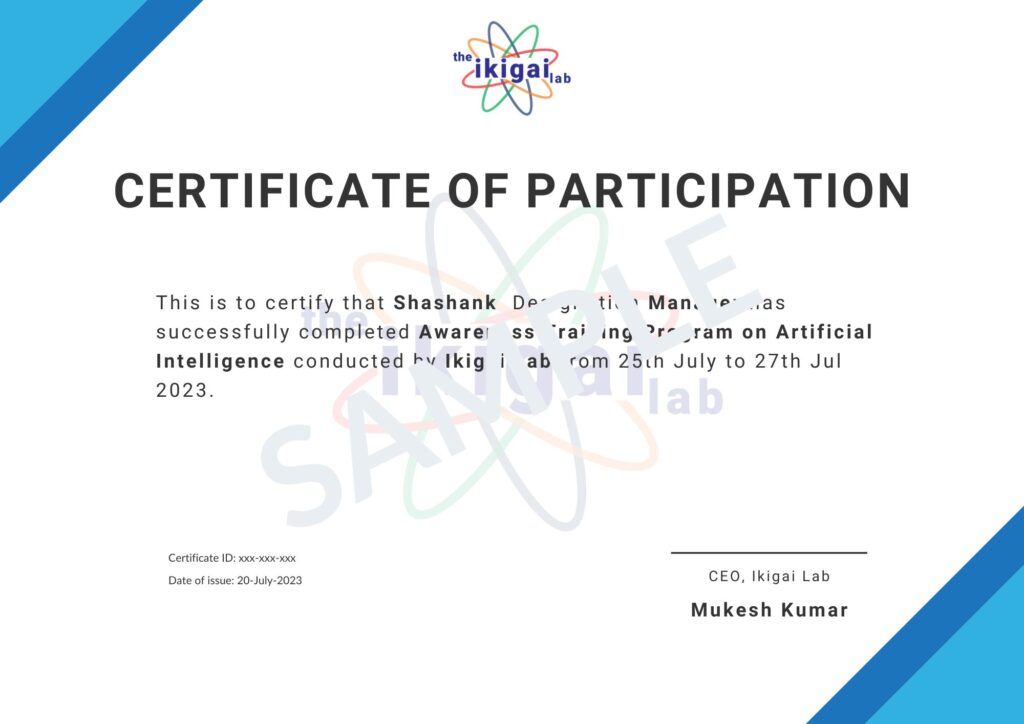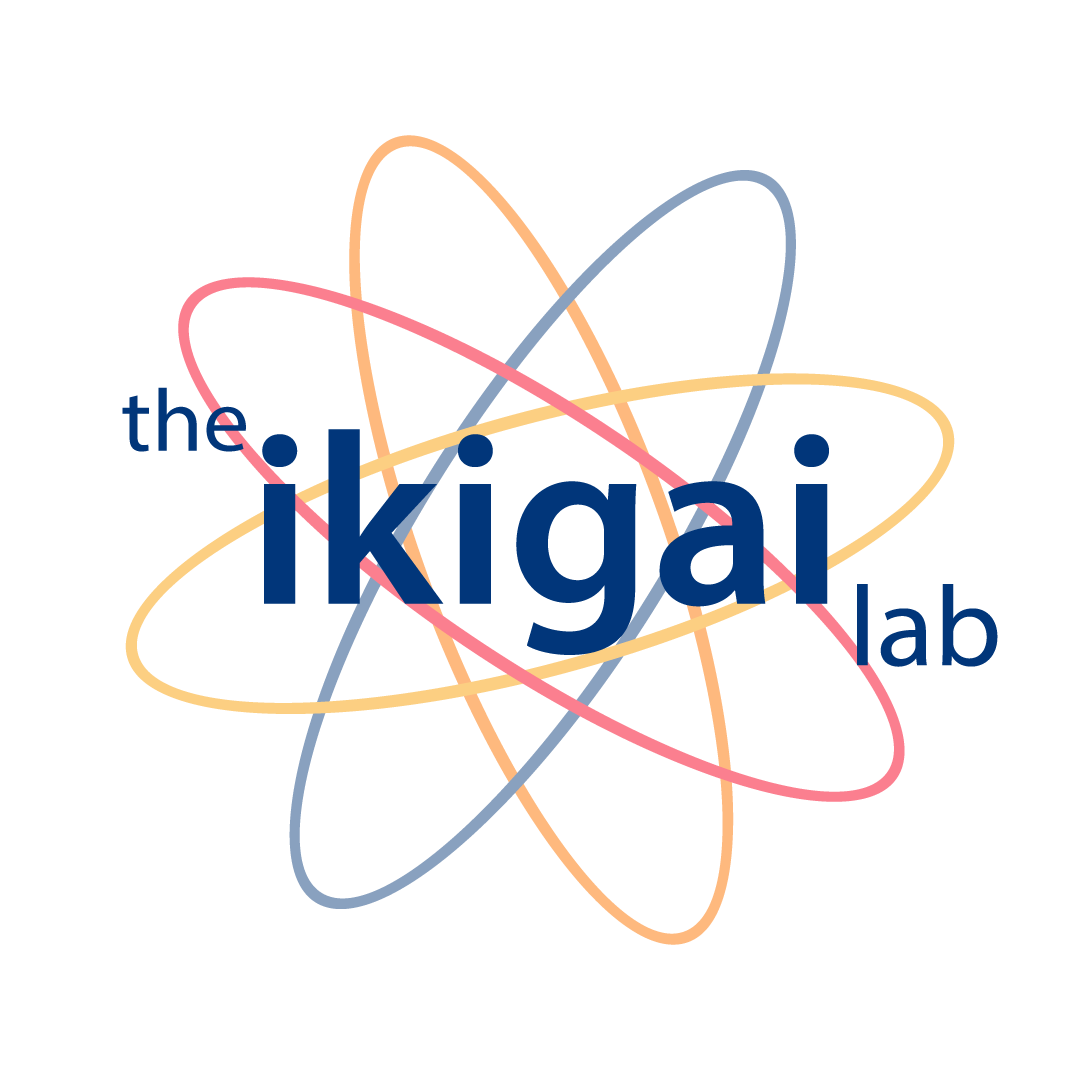Course Date
1st Oct 2023-(4th Cohort)
Duration
8 Months (240 Hrs.)
Delivery Format
Online Live
Why to Join This Course
Join Our Data Science Bootcamp Today!
Ready to embark on a transformative learning journey? Don’t miss this opportunity to gain valuable skills and elevate your career. Enroll in our comprehensive course today and join a community of learners dedicated to excellence. Take the first step towards unlocking your full potential!
Course Price
₹75,000.00
Key Features
Curriculum for Data Science Bootcamp
Stage 1
Basics of Python and Data Structures
-
- Python Basic Syntaxes and Data Structures
- Python Programming Constructs and Functions
- Developing Logic in Programming
- Data Structures
- I/O, Error Handling and Best Practices
- Functional Programming (Filter, map, reduce, lambda)
- NumPy and Pandas-Walkthrough of Major Syntaxes
- Manipulating Databases through Pandas & Built-in Functions
- API creation and Management using Python
- Data visualization using python
Stage 2
Understand about how to retrieve and store data in various commonly used data sources
-
- Understand about how to retrieve and store data
- MySQL
- Postgress
- MongoDB
Stage 3
Interpretation and deduction level understanding of key mathematical concepts required in ML
- Mean, Median, Mode, Standard deviation/variance, Correlation coefficient and the covariance matrix, Probability distributions (Binomial, Poisson, Normal), p-value, Bayes’ theorem
- Sampling
- Permutation Combination
- Basics of integration & differentiation
- Laplace Transform
- Fourier Transformation
- Solution of Matrix by Gauss’s Elimination Method
- Defining Vector Space and Linear Combination
- Brief on Eigen Values and Eigen Vectors
Stage 4
Introduction to Data Science
-
- Data Science Life Cycle Management
- Type of Learning- Supervised, Unsupervised, Semi-supervised, Reinforcement
- Ability to perform EDA using SQI
- Ability to perform EDA using python function
- Ability to perform EDA using excel
- Ability to draw hypothesis by analyzing EDA outcomes
- Ability to create time-based features
- Ability to create relationship-based features
- Ability to create frequency-based features
- Ability to create frequency-based algorithms
- Ability to identify important features
- Introduction to linear regression
- Introduction to unsupervised learning K-means and Hierarchical
- Introduction to unsupervised learning ability to choose optimum number of clusters and key metrics
- Introduction to forecasting- ARIMA
- Introduction to tree based algo- Decision tree
- Model accuracy calculation
Stage 5
Data science 2
Advance regression Techniques
- Nonlinear regression
- Elastic net regression
- Rasso and Ridge regression
Advance Tree based Algorithm
- Bagging and Boosting
- Random forest
- Types of boosting trees -GBT, Cat boosting/Ada Boosting
- Optimization of Tree based algorithm
- SVM
Optimization of SVM
Introduction to Deep Learning
- Introduction to ANN
- Auto Encoders
Advance forecasting Techniques
- Introduction to reinforcement learning
Stage 6
Dashboarding
- Introduction to its architecture
- Working with its dashboard
- Implementation data blending and aggregation
- Data visualization and real time analytics
- Generated fields and special fields
- Connecting python scripts in Tableau
- Connections for organizing data
- Tableau graphs, report, and calculations
- Data Storytelling fundamentals and frameworks
Stage 7 Specialization
-
- Common -MLOPS
- NLP
- CV
- Geospatial
Apply Now
Course Outcomes
Upon completion of this course, students will be able to:
-
- Perform data manipulation, transformation, and analysis using Python and popular data libraries like NumPy and Pandas.
- Retrieve and store data from various data sources, including relational databases and NoSQL databases.
- Apply mathematical concepts such as probability, statistics, and linear algebra to solve data science problems.
- Conduct exploratory data analysis (EDA) and create actionable insights from data.
- Implement regression, decision trees, and other machine learning algorithms for predictive modeling.
- Utilize deep learning techniques, including artificial neural networks and autoencoders, for advanced data analysis.
- Create interactive and informative data visualizations using Tableau for effective data communication.
- Specialize in one of the emerging areas in data science, such as MLOPS, NLP, Computer Vision (CV), or Geospatial data analysis.

FAQ for Data Science Bootcamp Course
Admission Process
Submit Application
Tell us a bit about yourself and why you want to do this program
Application Review
An admission panel will shortlist candidates based on their application
Enrolment
Selected candidates can join the program by paying the admission fee
